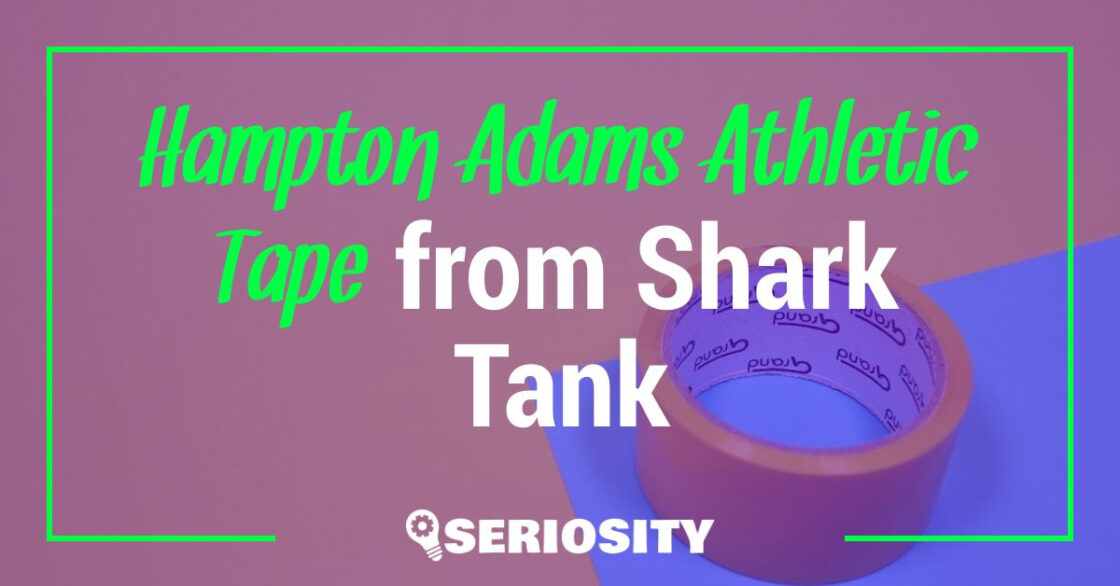Angel Shave club was a shaving subscription service catering exclusively to women. The business model entailed a service where subscribers would get shaving essentials such as razors, creams, and razor handle every month for a set amount. At its inception, the razor subscription service idea was not exactly novel, but Angel Shave Club distinguished itself from other such businesses by focusing on women shaving products.
Iskra Tsenkova and her Husband Brian identified that women’s essential hygiene products came attached with a pink tax, i.e., women have to pay around 13% more for products marketed explicitly toward them than men. This problem becomes even more pronounced regarding shaving products as there is hardly any difference between the razors manufactured for men and women. Tsenkova and her husband launched Angel Shave Club to ensure women do not have to pay more for high-quality razors. Their products also had a feminine touch, such as soft pastel razor handles to distinguish them from men’s more basic solid-colored ones.
Angel Shave Club had a loyal customer base and a very passionate founder in Tsenkova. However, the business announced in 2020 that it was shutting down its services due to the pandemic. This news came just seven months after it was announced that the company was partnering with a venture capital firm to expand its operations. While details are unknown, it can be suggested that the business’s accelerated growth model did not work out for them, and they began to lose customers. Angel Shave Club was a business with potential. However, intense competition and over-ambition led to its demise.
How Did The Shark Tank Pitch Go?
Tsenkova and her husband kicked off their pitch enthusiastically. The sharks appreciated their energy. The women in the panel especially seemed to resonate with Tsenkova’s passion. The husband-wife duo asked for $300,000 for a 10% stake in their company.
Tsenkova explained that the idea for a women-only shave club stemmed from her own struggle to find high-quality shaving products that did not cost more. She learned about the pink tax, which meant women had to pay more for their essential products than men. The Angel Shave Club was therefore formed to abolish the pink tax while providing a cute, feminine touch to shaving products.
The Sharks were focused through the pitch, and though they understood the noble pursuit of the Angel Shave Club, it was evident that they were apprehensive about the business. When asked about sales, the couple revealed that they had made around $390,000 in sales the last year, and their customers stayed with them for about 4-6 billing months. Despite the numbers looking good on the surface, Kevin O’Leary was skeptical about the business making a profit as subscription models require hundreds of thousands of customers to start turning in any profit.
All the Sharks had reservations about the business model. Lori Greiner focused on the main attraction of subscription boxes, which is that there is something new to look forward to every month. Tsenkova’s business only provided one particular product, which will probably wane subscribers’ interest over the months. Greiner pulled out of making an offer due to her reluctance to change the entire approach of the business. Mark Cuban was doubtful about the company’s cash input and marketing direction; he also refused to make an offer citing those concerns.
Barbara Corcoran was doubtful about the entire premise of the subscription model as, in her experience, she did not need to use razors every month. Her lack of relatability made her an unsuitable partner, and pulled out of making any offers. O’Leary was baffled by the valuation of the business at $3 million, but his most important concern was the churn rate of the customers. When the couple revealed they were having supply chain issues, his fears materialized, and he backed out of negotiations.
This left the couple with Sarah Blakely, the guest Shark, as their only option. Blakely understood the need for a subscription model for razors. However, she raised a very potent point about already established players in the market who could easily focus on women’s products. This made the business a risk to invest in; therefore, Blakely declined to make an offer.
The couple left their Shark Tank pitch without any offers. Tsenkova, however, remained optimistic about the future of their business.
Our Review of Angel Shave Club
Angel Shave Club looked to fill a space in a market that was taking off at the time due to viral businesses such as Dollar Shave Club. The company had the right idea, as even major players like Gillette started to move toward offering subscriptions. However, the product and the business model had their qualities and issues.
Pros of Angel Shave Club
- Subscription model removed the need to buy razors continually
- Different subscription models that helped customers test the product and then continue with the subscription
- Product price equivalent to high-quality men’s razors
- High-Quality Razor handle that is reusable
- Customers felt the need to shave less regularly when using these razors
Cons of Angel Shave Club
- No major incentive to buy these razors as they are almost identical to men’s razors
- Cheaper alternatives like Dollar Shave Club present
- Subscription models did not provide a month’s test run
- Some women might not need new razors every month. Thus, the subscription model is inconvenient.
Who Is It For?
According to its marketing strategy, Angel Shave Club is entirely targeted toward women. The focus on the unequal purchasing process for men and women and the carefully chosen packaging are the product’s bid to attract its target demographic, women.
Are There Any Alternatives?
There are now several shaving subscriptions on the market that specifically cater to women. Some examples are:
- Flamingo
- Athena’s Club
- OUI The People
Final Thoughts
Looking at the current market landscape, Angel Shave Club had a great idea that could have exploded. However, they could not execute their vision correctly. Even before the pandemic, the company lacked the creative direction that would have allowed it to capture a more significant share of the market. The premise of abolishing the pink tax was excellent, and other companies should follow suit.





